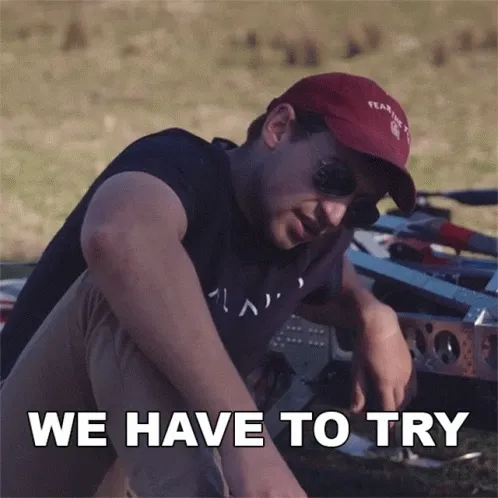Audio Presented by

Tech enthusiast, trend aficionado, digital PR strategist, and badass content writer. [email protected]
Story's Credibility



About Author
Tech enthusiast, trend aficionado, digital PR strategist, and badass content writer. [email protected]
